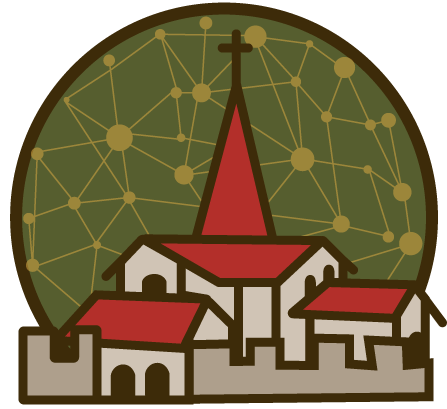Metadata
Title
Notarial Instrument
Description
A notarial instrument is a document written to provide proof of a transaction or event that took place. The type of subject varies significantly and could include monetary transactions between an official and a local community, bequeathments, contracts, correspondence, and legal documents. They are always written out by a notary public, whose role still remains prevalent in the modern day. Many notarial instruments bear a seal, or a notarial mark (a design unique to each notary), and almost all include a list of witnesses to the event.
Most notarial instruments are made up of three parts: the protocol, the corpus, and the eschatocol. The protocol outlines basic introductory information, such as date and notary public; the corpus describes the event being recorded; and the eschatocol concludes the document with the list of witnesses, and sometimes a record of where the document was written. These documents were key to a growing documentary culture in the 13th and 14th centuries.
